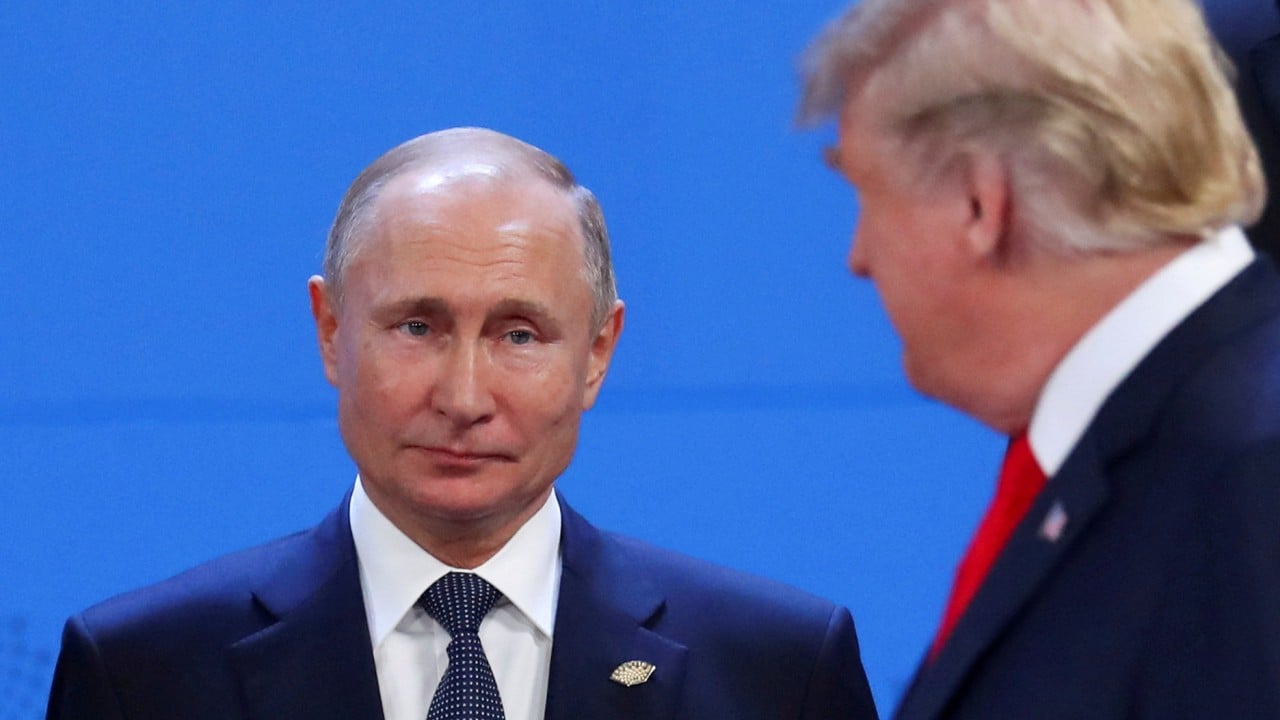Based on his recent statements, it appears that US President Donald Trump’s position on Ukraine has evolved to match that of his predecessor. He now says shipments of weapons will continue and that Ukraine must be able to defend itself. He has expressed unhappiness with Russian President Vladimir Putin, and on Monday threatened 100 per cent tariffs on Russia and countries doing business with it if a Russia-Ukraine deal isn’t reached in 50 days.
Advertisement
This may surprise some observers, especially critics of Trump who consider him supportive of Putin’s aims. The view that Trump sympathises with Russia, or is perhaps compromised by it, has never gone out of style, even though there have always been problems with the theory.
For one, Trump’s first administration was far more at odds with Putin’s government – over the Korean peninsula, Syria, Iran and over sanctions – than it was aligned.
The first Trump administration included Republican politicians who were more opposed to Putin’s government than the US president himself, including then vice-president Mike Pence, Central Intelligence Agency director-turned-US secretary of state Mike Pompeo, UN ambassador Nikki Haley and defence secretary James Mattis – the latter of whom declared Russia a “strategic competitor”.
However, Trump has publicly expressed admiration for Putin, more than he did for liberal democratic politicians such as former Canadian prime minister Justin Trudeau or former German chancellor Angela Merkel. But admiration and alignment are not the same. For example, Trump has been consistently complimentary of Chinese President Xi Jinping, even as he hammers China with tariffs and other penalties.
Advertisement
That said, isn’t Trump’s second administration different in temperament from his first? Instead of Pence, Trump now has the avowed “post-liberal” J.D. Vance as vice-president, who has declared his indifference to how the Ukraine conflict ends and stated his sympathy for far-right figures such as Curtis Yarvin, who are rooting for Russia’s success.


